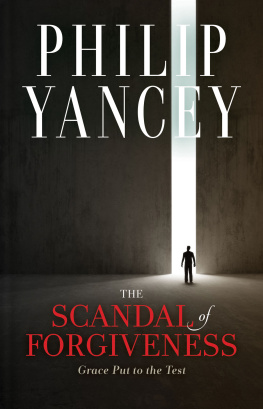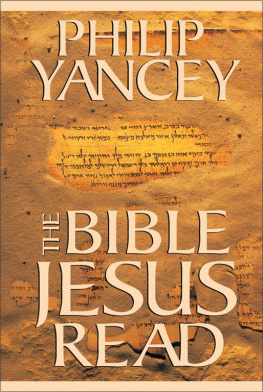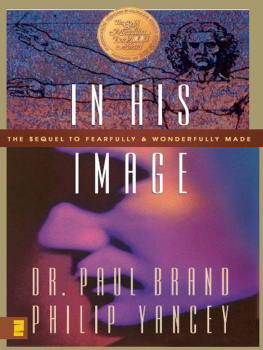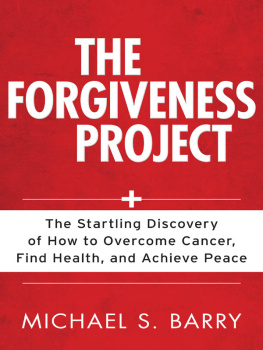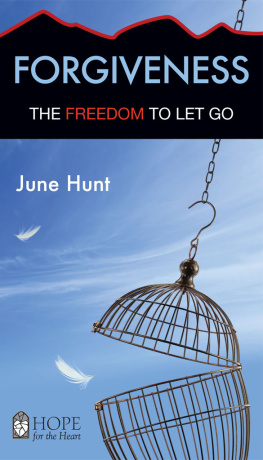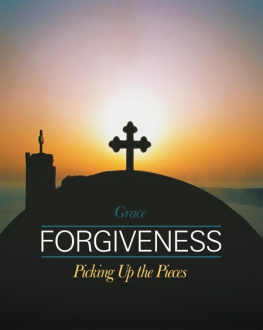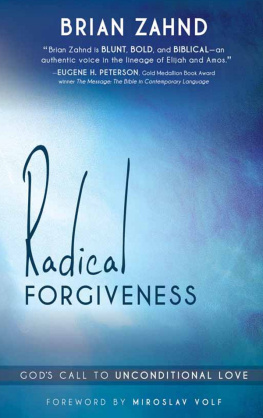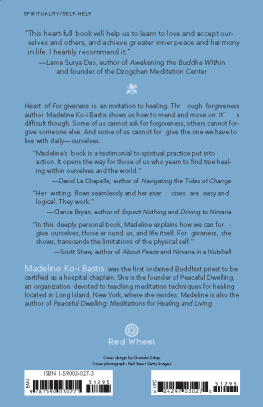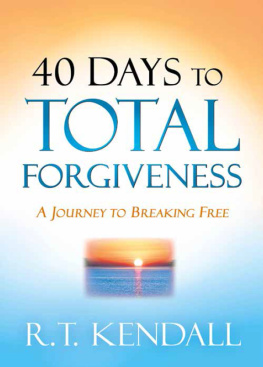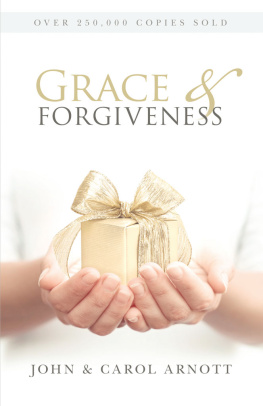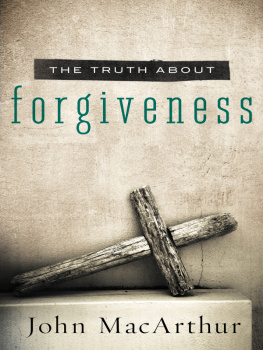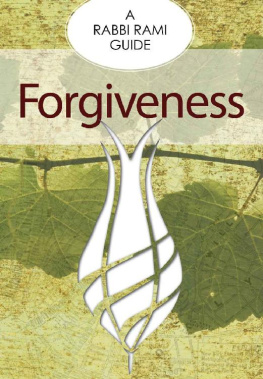OTHER BOOKS BY
PHILIP YANCEY
Fearfully and Wonderfully
Vanishing Grace
Whats So Amazing About Grace?
Prayer: Does It Make Any Difference?
The Jesus I Never Knew
Disappointment with God
Where Is God When It Hurts?
The Gift of Pain
The Question that Never Goes Away
What Good Is God?
Grace Notes
A Skeptics Guide to Faith
Soul Survivor
Meet the Bible
Reaching for the Invisible God
The Bible Jesus Read
Church: Why Bother?
Finding God in Unexpected Places
I Was Just Wondering
The NIV Student Bible
ZONDERVAN
The Scandal of Forgiveness
Copyright 2021 by Philip D. Yancey
Portions of this book adapted from Whats So Amazing About Grace (978-0-310-21327-7, 1997).
Requests for information should be addressed to:
Zondervan, 3900 Sparks Dr. SE, Grand Rapids, Michigan 49546
ISBN 978-0-310-12008-7 (hardcover)
ISBN 978-0-310-12009-4 (ebook)
Epub Edition March 2021 9780310120094
Any internet addresses (websites, blogs, etc.) and telephone numbers in this book are offered as a resource. They are not intended in any way to be or imply an endorsement by Zondervan, nor does Zondervan vouch for the content of these sites and numbers for the life of this book.
No part of this publication may be reproduced, stored in a retrieval system, or transmitted in any form or by any meanselectronic, mechanical, photocopy, recording, or any otherexcept for brief quotations in printed reviews, without the prior permission of the publisher.
All Scripture quotations, unless otherwise indicated, are taken from the Holy Bible, New International Version, NIV. Copyright 1973, 1978, 1984, 2011 by Biblica, Inc. Used by permission. All rights reserved worldwide.
Zondervan titles may be purchased in bulk for educational, business, fundraising, or sales promotional use. For information, please email SpecialMarkets@Zondervan.com.
Cover Design: Jamie DeBruyn
Cover Photography: Mopic, Shutterstock
Interior Design: Emily Ghattas
Printed in the United States of America
2122232425LSC10987654321
Information about External Hyperlinks in this ebook
Please note that the endnotes in this ebook may contain hyperlinks to external websites as part of bibliographic citations. These hyperlinks have not been activated by the publisher, who cannot verify the accuracy of these links beyond the date of publication
CONTENTS
Guide
M y friend Mark lives in a middle-class suburban home with his wife and two teenage children. One day he was discussing with his wife whether it was time to put their aging cat to sleep. Something she said struck a nerve, and before he knew it, he was yelling at her. Feeling threatened by his angry outburst, she reached for their landline phone and dialed 911. Mark quickly grabbed the phone from her and unplugged it. Still smoldering, he stalked out of the room, believing the incident was overuntil a short time later, when the doorbell rang.
Wearing only boxer shorts and a T-shirt, Mark opened the front door to find two uniformed officers. The 911 call center had detected the aborted call and alerted local police to a possible emergency. Mark tried to explain that everything was fine, that a disagreement had just gotten a little heated, but the police informed him they had a strict protocol for handling potential domestic violence situations. With curious neighbors looking on, they handcuffed Mark and escorted him in his underwear to their squad car. He spent that night in jail until his father bailed him out the next morning.
My friend, humiliated, was sentenced to a fourteen-week course in anger management. He found himself in a room with repeat offenders who had expressed their anger with fists, not just words. Your first assignment is to write an apology to the person you hurt, said the woman conducting the course. Mark took the pen and paper she offered and returned to his seat, only to look around and see that he was the only one who had agreed. The other men glared at him.
When Mark finished writing the apology, the leader thanked him and reduced his sentence. Even then, none of the others followed his lead. No f-ing way! one guy said, and the others nodded their approval.
It has taken Mark months to regain his wifes trust. He told me this story, which he was recounting to all his close friends, as part of that effort, for the very reason that it exposed his anger problem. My first instinct was to dismiss what happened as a ridiculous overreaction to a normal marital dispute. But then I saw how badly I had hurt my wife. If I dont face the ugly truth about myself, and sincerely make amends, I may never earn her forgiveness, which I need desperately in order to put my family back together.
What he said next has stayed with me: I dont know which is harder: for me to apologize or my wife to forgive. Both acts go against all our self-protective instincts. On the one hand, if weve done a wrong, we tend to rationalize away our mistake, blaming the other party, or stress, or a hundred possible psychological reasons that may have led us to act the way we did. On the other hand, if were the wronged party, we want to nurse our wounds, harbor resentment, and insist on some kind of restitution.
A conflict like Marks links the two parties with a force almost the opposite of love, one that pulls them apart rather than together. On both sides of the standoff, a thick wall of self-protection goes up. Yet, as if to add insult to injury, only the forgiving party, the wronged one, has the ability to dismantle that wall. Mark could write an apology every day of the year, but his wife alone holds the key to restoration.
Everyone says forgiveness is a lovely idea, writes C. S. Lewis in Mere ChristianityUntil they have something to forgive.
In truth, we all have something to forgive, for human beings will let you down. Parents who make mistakes in rearing you, friends who grow distant, a spouse who irritates and confounds you, church members who judge youno one loves perfectly, and no one satisfies the need for acceptance that we all long for. Every lasting relationship includes times of disappointment, and sometimes betrayal.
Others may let us down, but the bitterness that results is something we cultivate in ourselves. Forgiveness represents the only remedy. In the pages that follow youll encounter stories of forgiveness done well, and forgiveness resisted at any cost. Stores of those who passed the grace test, and those who failed. The stakes are high, for rancor can pass down through generations, promoting enmity within families and even between nations.
In a cruel irony, a refusal to forgive works its negative energy most powerfully in the wronged party. Archbishop Desmond Tutu, a master of forgiveness, describes the process:
To forgive is not just to be altruistic; in my view it is the best form of self-interest. The process of forgiving does not exclude hatred and anger. These emotions are all part of being human. When I talk of forgiveness I mean the ability to let go of the right to revenge and to slip the chains of rage that bind you to the person who harmed you. When you forgive you are free of the hatred and anger that locks you in a state of victimhood. If you can find it in yourself to forgive, you can move on, and you may even help the perpetrator to become a better person.
On a BBC program first broadcast in 2013, I heard a dramatic account of the process Tutu describes. It told the story of Natascha Kampusch, a ten-year-old Austrian girl who was abducted on the way to school by a man in his mid-thirties. He locked her in a dark, dungeon-like room underneath his garage, where he kept her for eight years. After a while he would let her out to cook for him and do household chores, always under close guard, before locking her in the concrete room each night. At times he beat her so badly that she could hardly walk. He also raped her.

